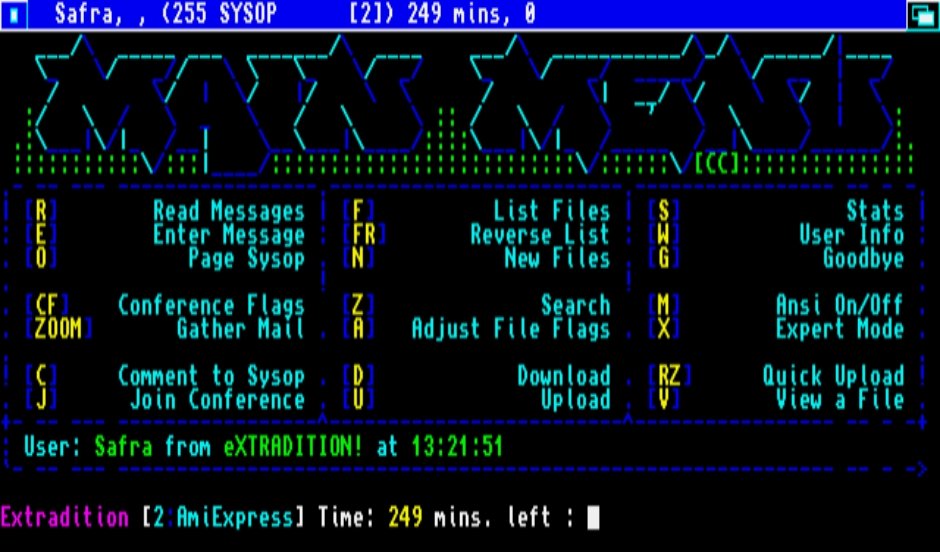Where did the internet come from? When some students were asked by an assistant professor at the University of Virginia, some mentioned the ARPANET or the Silicon Valley, while fewer than four students wrote, “Bill Gates….”
Kevin Driscoll the he says as "the intersection of hundreds of regional, national, commercial and cooperative networks," in an excerpt from his new book. He describes it as "a mixture of commercial Internet services, university networks and local community networks that has morphed into something bigger, more commercial and more accessible to the general public..."
But what is often omitted is the "modem world" before the web:

While the ARPANET was created by professional researchers in universities and government laboratories, the modem world was created by community-minded hobbyists and entrepreneurs, radio hobbyists, computer clubs, software pirates and activist organizations.
The dominant form of computer networking for the second group was the bulletin board system, or BBS from the bulletin board system...
The ARPANET family of networks operated on a fundamentally different infrastructure than the consumer-oriented BBS networks. In both networks there were relatively few experienced users.

Between 1994 and 1995, the World Wide Web – not the BBS – became the public face of cyberspace. On television and in print, Netscape Navigator was touted as the future of the Internet.
However, the investment funds also arrived.
But instead of BBS, money and caution they turned to companies connected to the nascent Web. Finally, when “cyberporn” threatened to burst the dot-com bubble, BBSs provided a convenient scapegoat. BBSs were old and dirty, while the Web was new, clean, and safe for commerce. To avoid stigma, enterprising BBS administrators quietly disappeared. Seemingly overnight, thousands of Dial-up BBS connections disappeared.
But the people who created the world of modems in the 1980s laid the groundwork for millions of others who brought the Internet into the 1990s.
BBS administrators developed the foundations for the online community, programming, open source released by the community for the community, governance, and commercialization. When Internet access finally came to the public, former BBS users took the grassroots networking experience to the social web. Over time, countless social media platforms have replicated the social and technical innovations of the BBS community.
Oblivion has high stakes.
As the internet is now a mandatory infrastructure of our daily lives, its origin stories are more important than ever.
Reclaiming the history of our modern world might help us imagine a world beyond commercial social media, mass surveillance, and platform monopolies.
Endlessly modifiable, each BBS represented a idiosyncratic dream of what cyberspace might be like, a glimpse into the future written in code and accessible from a landline.
By changing how we remember the Internet's past, we can change our expectations of its future.





